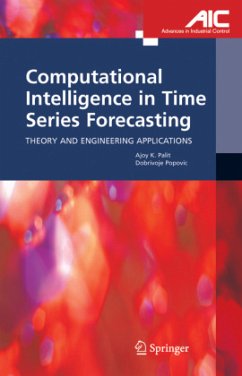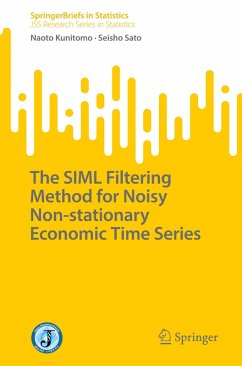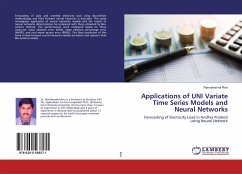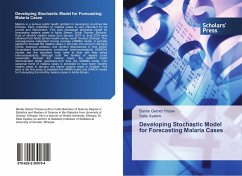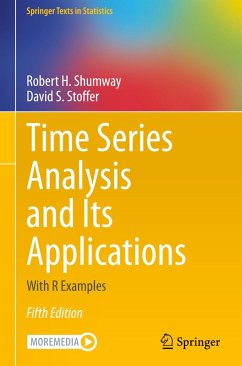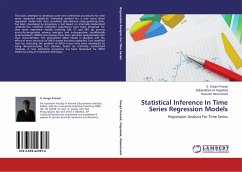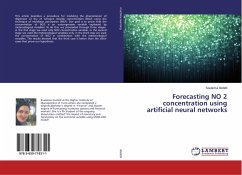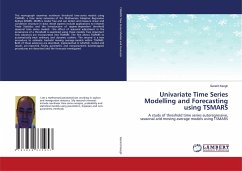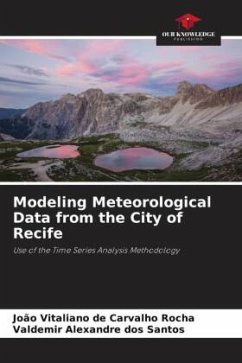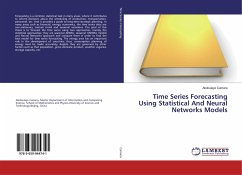
Time Series Forecasting Using Statistical And Neural Networks Models
Versandkostenfrei!
Versandfertig in 6-10 Tagen
33,99 €
inkl. MwSt.

PAYBACK Punkte
17 °P sammeln!
Forecasting is a common statistical task in many areas, where it contributes to inform decisions about the scheduling of production, transportation, personnel, etc. And it provides a guide to long-term strategic planning. In many areas such as financial, energy, economics, the time series data are non-stationary, contain trend and seasonal variations. The goal of this thesis is to forecast the time series using two approaches, namely the statistical approaches; they are seasonal ARIMA, seasonal VARIMA models and Neural Networks approach and compare them in order to find the best model for time...
Forecasting is a common statistical task in many areas, where it contributes to inform decisions about the scheduling of production, transportation, personnel, etc. And it provides a guide to long-term strategic planning. In many areas such as financial, energy, economics, the time series data are non-stationary, contain trend and seasonal variations. The goal of this thesis is to forecast the time series using two approaches, namely the statistical approaches; they are seasonal ARIMA, seasonal VARIMA models and Neural Networks approach and compare them in order to find the best model for time series forecasting. The energy area has an important role in the development of countries; thus, consumption planning of energy must be made accurately, despite they are governed by other factors such as that population, gross domestic product, weather vagaries, storage capacity, etc.



